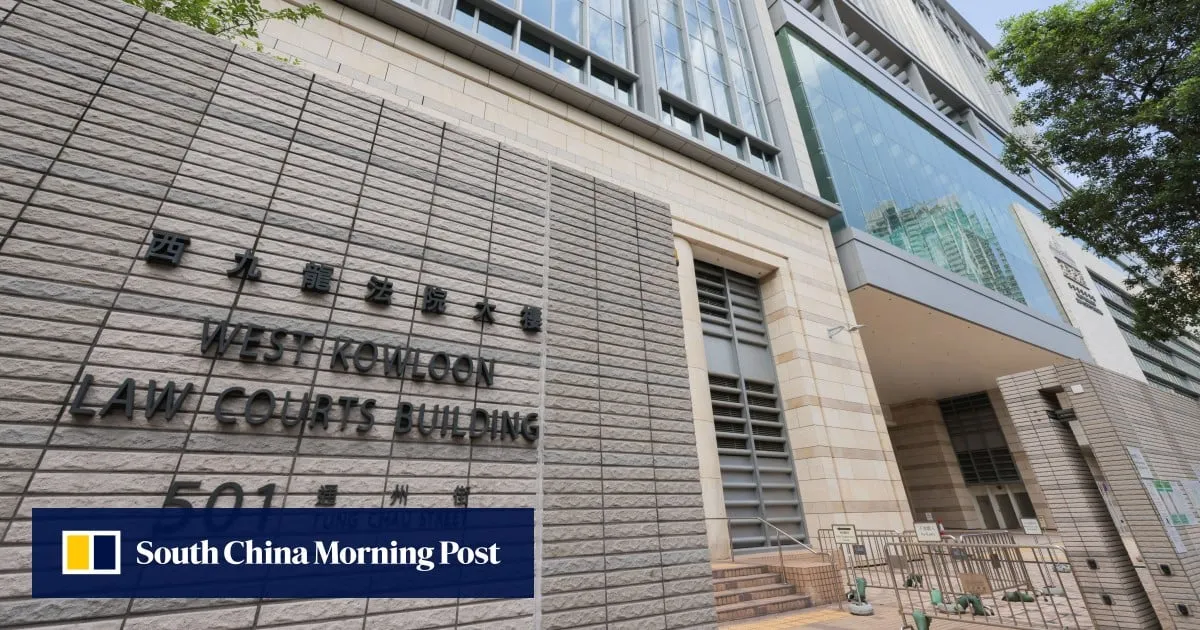Hong Kong Man Faces Charges of Sedition Amid National Security Concerns

Hong Kong Man Charged with Sedition Over T-Shirt and Mask
A Hong Kong man has pleaded guilty to sedition under the city’s national security law for a blatant display of pro-independence messages. This case revolves around Chu Kai-pong, age 27, who wore a T-shirt with the slogan “Free Hong Kong, liberate Hong Kong, revolution of our times” while traveling to lunch.
Sedition Charges and Legal Context
Chu becomes the first individual convicted under the Safeguarding National Security Ordinance, required by Article 23 of the Basic Law. His attire—coupled with a yellow mask inscribed with “FDNOL,” referencing the “five demands, not one less” protest fervor—signals a stark reminder of the 2019 anti-government protests.
- Convicted for wearing seditious clothing
- First under the national security law
- Protest memories revived through his actions
Chu’s intentions were direct: showcasing a yearning for a return to British colonial rule and advocating dissent against the regime. During police inspections, he reacted provocatively, advocating for the narration of his beliefs through his attire.
Legal Ramifications and Sentencing Options
The prosecution’s case was solidified by Chu’s confession across multiple video recordings. His purposely offensive shirt and mask were viewed as efforts to provoke, as he contended his actions would resonate within the public. The court proceedings reflect deep divides regarding the application of the national security law.
- Possible jail term up to seven years for sedition
- Change from colonial-era legislation
- Implications for future national security cases
A decision on his final sentence is pending, highlighting a potential precedent for future sedition cases in Hong Kong. As the city navigates these charged waters, public sentiment and legal implications continue to clash.
This article was prepared using information from open sources in accordance with the principles of Ethical Policy. The editorial team is not responsible for absolute accuracy, as it relies on data from the sources referenced.